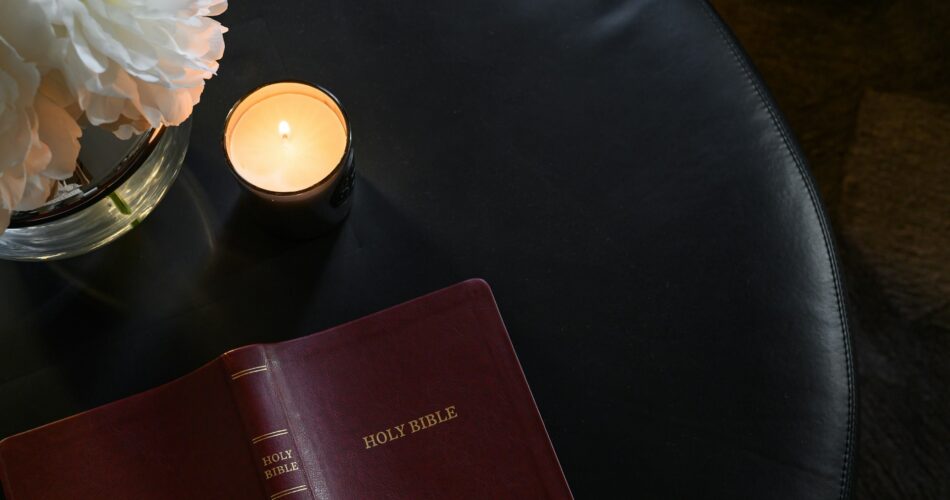Eight-Year Sentence Looms For Pastor After Arrest
Two Cuban pastors, Luis Guillermo Borjas and his wife Roxana Rojas, who are part of the Assemblies of God church, were arrested after speaking about their religious beliefs during a military court hearing involving their son. Their son, Kevin Laureido Rojas, had fled a military base despite having a documented mental health exemption from compulsory service. When military prosecutors accused the parents of presenting false medical documentation, Pastor Borjas responded with a religious remark about divine accountability, which reportedly led to their immediate detention on charges of contempt and disobedience.
Pastor Borjas remains detained at a local police station, while Rojas was taken to the hospital after collapsing later that evening. Reports claim she was harassed while hospitalized by a man posing as a nurse. The couple now faces potential prison sentences of up to eight years, with their trial scheduled for June 9. Although their church is legally registered in Cuba, the arrest has raised serious concerns among human rights organizations regarding religious freedom in the country.
Christian Solidarity Worldwide, a U.K.-based human rights group, has denounced the charges and called for the couple’s immediate release. They argue that the incident reflects the broader issue of government restrictions on religious expression in Cuba. Religious groups must be officially registered to operate legally, and those without government recognition often experience surveillance, pressure, and limits on their ability to worship.
Other recent cases further illustrate the climate of religious repression in Cuba. Pastor Alain Toledano Valiente, who leads an unregistered religious movement, has been prevented from returning to the country to support his daughter during her cancer treatment. Pastor Lorenzo Rosales Fajardo, imprisoned for joining peaceful protests in 2021, was only recently released during a government amnesty.
The arrests and continued restrictions have led to renewed international scrutiny, particularly after the United States removed Cuba from a terrorism watchlist. Critics maintain that the Cuban government continues to violate basic rights, including freedom of religion, and they are urging the international community to hold Cuba accountable for its actions.
